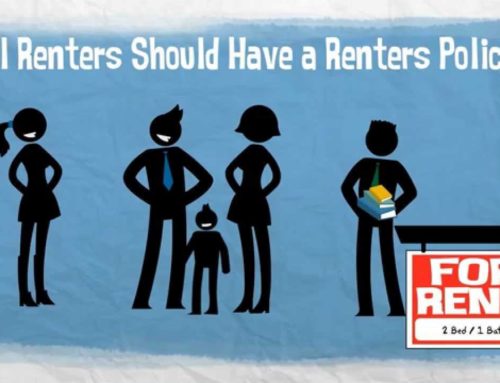What is cash value life insurance?
What is cash value life insurance?
A cash value life insurance policy is a little different from other life insurance policies. It’s still a life insurance policy, but it comes with a perk: a savings account that grows over time. Should you need a loan or some quick cash, you can access these funds.
It’s still primarily a life insurance policy, so should you die, your family will receive cash. It just comes with the savings account bonus.
There are numerous cons with cash value life insurance, but one is bigger than all others: any amount of money you’ve built up over the years doesn’t go to your family. Instead, it goes to the insurance company.
How does cash value life insurance work?
Each month you pay your premium. A little bit of your payment goes into a savings account. Over time it builds up to the point of being enough for you to do something with it.
For example, say you’ve built up a few hundred dollars in your cash-value account. Instead of paying the $30 a month premium, you could instead use that money to make your payments.
Types of cash value life insurance
There are three types of cash value life insurance policies. They are:
- Whole
- Variable
- Universal
Learn the differences so you can pick the best choice for you.
Whole life insurance
With a whole life insurance cash value policy, your premium stays the same forever. Whatever amount you pay for your policy is your cast for the entire policy. However, a small percentage of what you pay goes into the cash value portion of your account with each payment.
The rate of return you receive off the savings account varies with each company, but it is usually around two percent. The longer you live and have your policy, the more time your cash will accumulate with each payment and grow with interest.
Variable life insurance
Unlike whole life insurance, variable life insurance allows you to choose how your accumulated cash is invested. Instead of having it sit in a savings account, you have a few more choices. For example, you can invest it in stocks or bonds.
There are two cons with this type, however. First, you have to know what you’re doing, and variable life insurance has higher fees than whole and universal cash value life insurance.
Universal life insurance
With universal life insurance, you have some control over what you pay for your premium. For instance, if you have a good month, you could overpay what you normally would and have the surplus go into your savings account. Likewise, if one month you’re a little short, you can use your savings account to pay your monthly premium.
To complicate matters even further, there are three types of universal life insurance. They are guaranteed universal life, indexed universal life and variable universal life.
https://www.msn.com/en-us/money/personalfinance/what-is-cash-value-life-insurance/ar-BB14dAf6?ocid=spartanntp






Leave A Comment
You must be logged in to post a comment.